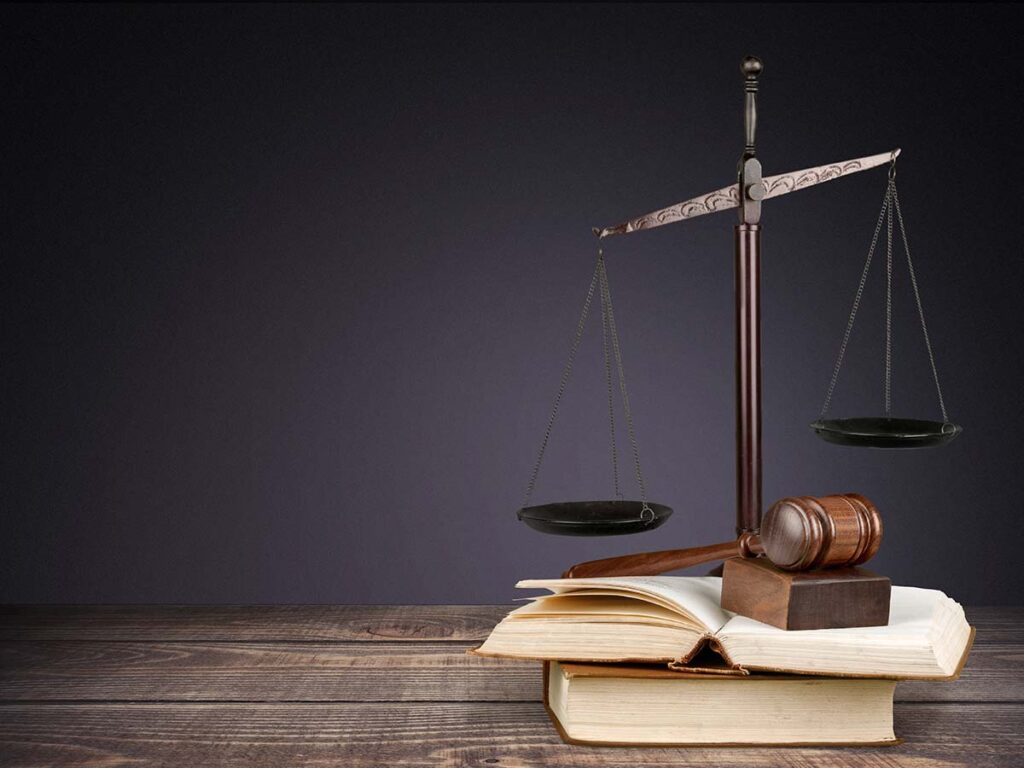Manhattan Negligent Hiring Injury Claims
Understanding Negligent Hiring and Your Right to Compensation
When an employer fails to conduct proper background checks or ignores red flags about an employee’s propensity for harmful behavior, it can lead to serious injuries or even wrongful death. In Manhattan and throughout New York, negligent hiring can make an employer liable for damages when an employee’s actions harm a plaintiff due to inadequate vetting, training, or adequate supervision.
If you or a loved one has suffered injuries due to an employer’s duty being neglected, you may have a negligent hiring claim. Our firm helps victims hold employers accountable when their negligent hiring practices lead to harm.

What Is Negligent Hiring?
Negligent hiring occurs when an employer hires an employee without exercising due diligence in screening their background, qualifications, or potential risks. When an employer fails to properly evaluate a candidate, the company may be held liable if that employee later causes harm.
Victims of negligent hiring may suffer physical injuries, financial losses such as lost wages and medical expenses, or emotional trauma due to an employer’s negligence. Under New York state law, those harmed by an employer’s failure to exercise reasonable care in hiring may be entitled to pursue compensation.
Examples of Negligent Hiring
Negligent hiring claims arise in various industries and workplaces, including:
- Trucking companies failing to screen drivers with a history of reckless driving, leading to truck accidents.
- Employers hiring independent contractors without verifying credentials or criminal records.
- Investment banks employing a rogue employee who commits fraud against prospective customers or existing customers.
- Companies disregarding reports of an employee’s tendency toward dangerous inclinations or harmful behavior.
If an employer knew or should have known about an employee’s background but hired them anyway, they may be held liable for negligence.
Legal Standards in New York for Negligent Hiring Claims
Under New York law, courts examine whether an employer exercised reasonable care in hiring an employee. A negligent hiring claim often hinges on whether an employer failed to conduct background checks or ignored an employee’s history of misconduct.
A court may consider:
- Whether the employer owed a legal duty to the plaintiff.
- Whether the employer’s hiring process met reasonable expectations of due diligence.
- Whether the employer based their hiring decision on proper supervision and background checks.
- Whether the employer was aware of an employee’s history before placing them in a position of trust.
In some cases, courts have ruled in favor of plaintiffs when an employer negligently hired an individual with a criminal record, demonstrating actual or constructive knowledge of their dangerous inclinations.
Employer Liability and Vicarious Liability
In many negligent hiring cases, an employer can be held directly liable for their hiring decisions. However, under respondeat superior, an employer may also face vicarious liability for an employee’s actions if they occur within the scope of employment.
For example:
- A trucking company may be liable for a truck accident caused by an employee they negligently hired.
- An employer could be responsible for damages if an investment bank employee commits fraud due to a lack of proper supervision.
- A court held that an employer owed a heightened duty to screen employees working in positions of trust.

Proving a Negligent Hiring Claim in Court
To succeed in a negligent hiring claim, a plaintiff must prove:
- The employer had a legal duty to ensure safe hiring practices.
- The employer failed to exercise reasonable care in screening the employee.
- The employee had a known history of misconduct or dangerous behavior.
- The plaintiff suffered harm as a direct result of the employer’s negligence.
Pre-trial discovery often plays a crucial role in proving these elements. Courts may examine employer records, past employee conduct, and whether background checks were performed.
Compensation Available for Victims of Negligent Hiring
Individuals injured due to an employer’s negligence may deserve compensation for:
- Medical expenses
- Lost wages
- Emotional distress
- Punitive damages in cases of gross negligence
If you were harmed due to an employer’s negligent hiring practices, you have legal options to seek justice.
Get Legal Help for Your Negligent Hiring Injury Claim
Negligent hiring cases can be complex, requiring thorough investigation and legal expertise. If you believe an employer negligently hired an employee who caused you harm, our firm is here to help.
Learn more about Manhattan negligent hiring injury claims. Call Greenstein & Pittari, LLP at (800) 842-8462 to schedule your free consultation. You can also reach us anytime through our contact page. Let us help you take the first step toward justice and recovery.
Frequently Asked Questions
What is the difference between negligent hiring and negligent supervision?
Negligent hiring occurs when an employer fails to screen an employee properly before hiring. Negligent supervision refers to an employer’s failure to provide adequate supervision or training after hiring an employee.
Can a trucking company be liable for negligent hiring?
Yes. If a trucking company hires a driver with a known history of reckless driving and that driver causes a truck accident, the company may be held liable under negligent hiring laws.
How can I prove an employer negligently hired an employee?
Proving a negligent hiring claim requires evidence that the employer failed to conduct background checks, ignored red flags, or failed to exercise reasonable care in the hiring process.
What damages can I recover in a negligent hiring lawsuit?
You may be able to recover lost wages, medical expenses, emotional distress, and punitive damages in cases where the employer acted with gross negligence.
What role does pre-trial discovery play in negligent hiring cases?
Pre-trial discovery allows attorneys to gather evidence such as background checks, employer policies, and records showing whether the employer exercised reasonable care when hiring the employee.
